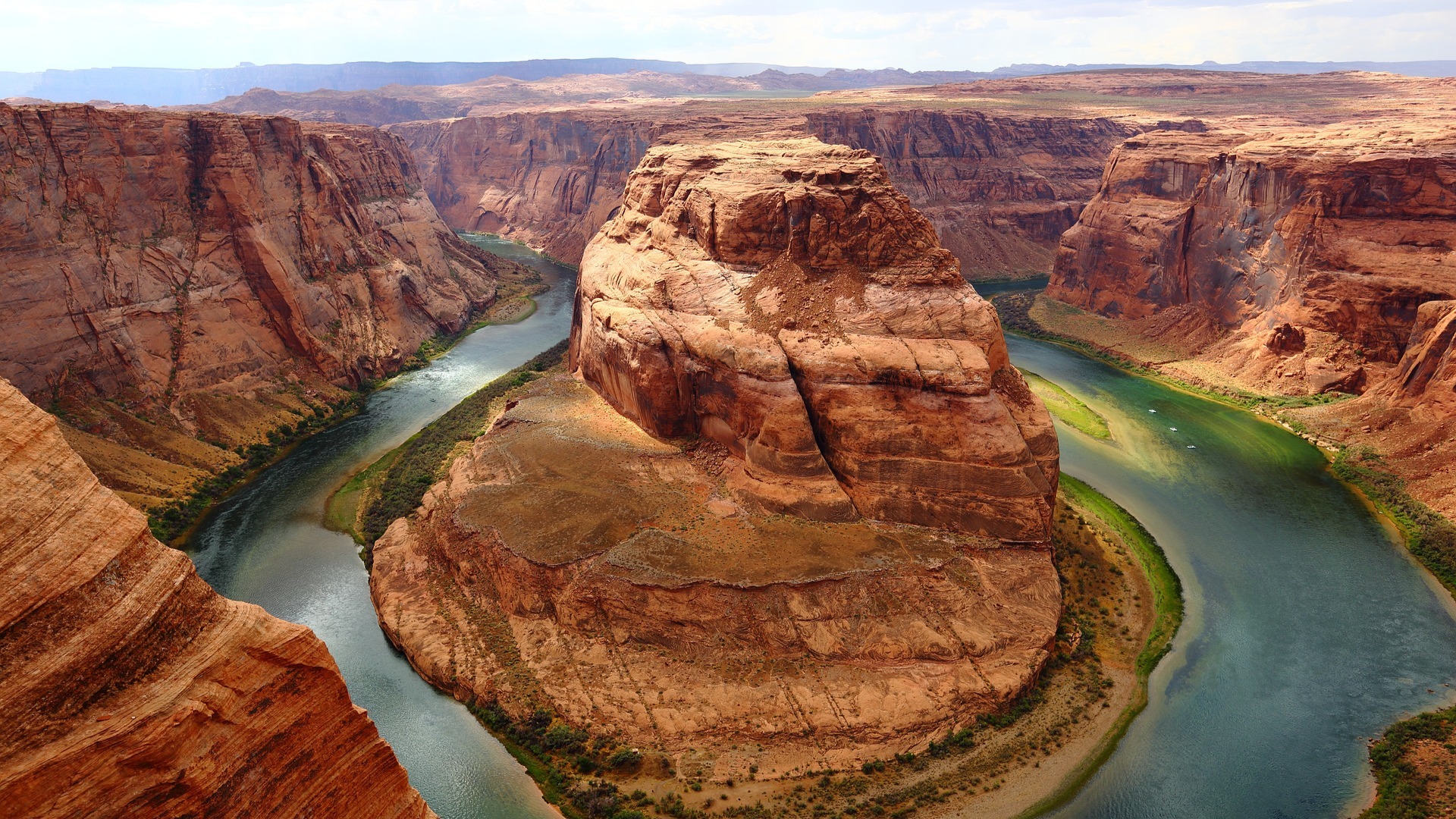A location in Arizona’s Grand Canyon National Park is getting rid of its “offensive” name.
Indian Garden, a popular stop along the park’s Bright Angel Trail, will now be called Havasupai Gardens.
The name change is an effort to right a historic wrong. Members of the Havasupai tribe, who had been there for generations, were removed from the inner rim canyon area by the National Park Service’s policies nearly 100 years ago.
Afterward, the area the Havasupai referred to as Ha’a Gyoh became known as Indian Garden.
“The Grand Canyon National Park team was proud to work alongside the Havasupai Tribal Council in our joint effort to rename this culturally significant location,” Ed Keable, the park’s superintendent, said in a statement.
“The Havasupai people have actively occupied this area since time immemorial, before the land’s designation as a national park and until the park forcibly removed them in 1926. This renaming is long overdue. It is a measure of respect for the undue hardship imposed by the park on the Havasupai people.”
The timing of the announcement is auspicious, as November is National Native American Heritage Month.
“Every year, approximately 100,000 people visit the area while hiking the Bright Angel Trail, largely unaware of this history,” said tribe chairman Thomas Siyuja, Sr. in the statement.
Calling the former name “offensive,” he added the “renaming of this sacred place to Havasupai Gardens will finally right that wrong.”
The Grand Canyon is not the only destination in North America making amends for its past by changing names that are hurtful to Indigenous communities.
Once known as Squaw Valley Alpine Meadows resort, the Olympic skiing venue in California changed its name to Palisades Tahoe in 2021.
The area’s management acknowledged the “racist, sexist” history of the word “squaw” and involved members of the local Washoe tribe in the decision-making process for choosing the new moniker.
In Canada’s Jasper National Park, a group of accommodations previously called Pocahontas Cabins became Miette Mountain Cabins earlier this year.
Parks Canada said that it had been working with the Jasper Indigenous Forum, which represents more than 25 groups, to implement the name change.
And there are other reasons that a destination may opt for a new name.
Suicide Six, a ski resort in Vermont, renamed itself Saskadena Six because “the feelings that the word ‘suicide’ evokes can have a significant impact on many in our community.”
Now, it’s the Grand Canyon’s turn to transform.
Signs and other markers are already being changed to reflect the new Havasupai Gardens name. A rededication ceremony is being planned for spring 2023.
“I am glad to see that we will always remember and honor the true history of my family’s forced relocation due to the development of the Grand Canyon National Park,” said Carletta Tilousi, a member of the Havasupai Tribe and former council member.
“I hope this historic action will help other tribes take similar steps and reclaim lands back by changing place names for historic and cultural preservation purposes.”















